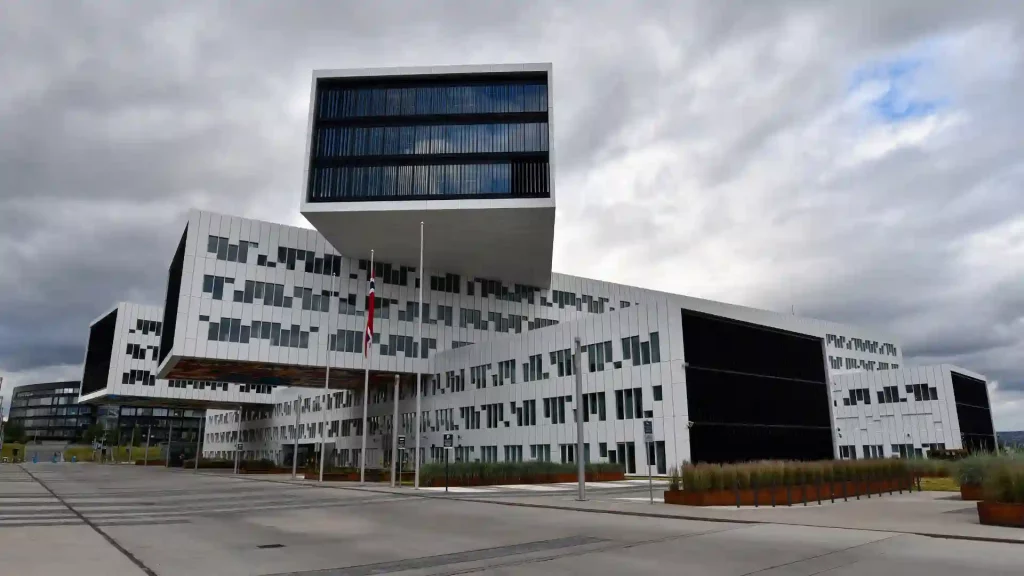After its second-quarter profit beat market expectations, Equinor raised its extraordinary dividend and boosted share buybacks. The strong performance was aided by spiraling energy prices caused by the war in Ukraine.
The company’s adjusted earnings before tax climbed to USD17.6 billion in the quarter of April-June, compared to USD4.6 billion for the corresponding period last year. This exceeded the USD16.9 billion figure which was earlier predicted in a poll of 26 analysts compiled by the company.
Chief Executive Officer of Equinor, Anders Opedal, stated that solid operational performance, and high production combined with high prices resulted in strong financial results for the company.
The company raised its extraordinary dividend to USD0.50 per share for the second and third quarters, from a prior level of USD0.20 per share. This is in addition to the regular quarterly payment of the company, which remained at USD0.20 per share.
Equinor to buyback shares worth USD6 billion in 2022
Equinor has announced that it plans share buybacks worth USD6 billion in 2022, as against a previous projection of USD5 billion.
After Russia cut supplies of gas to Europe, Norway has now become the largest supplier of natural gas to Europe. Russia recently cut gas deliveries to Europe amidst a standoff with the West over its invasion of Ukraine.
In an effort to meet the increased demand of natural gas from Europe, Equinor’s output of natural gas increased by 18 percent year-on-year in the second quarter.
CEO of Equinor, Anders Opedal, said that the company had put its best efforts to secure safe and reliable energy delivery to Europe, while continuing to invest in the energy transition.
Following an outage of 20 months, the company in May, successfully restarted its LNG facility located outside the Arctic town of Hammerfest.
Russian energy giant Gazprom issued a warning that supplies from the Nord Stream 1 pipeline to Germany would be reduced to just 20 percent of capacity due to technical issues. This jeopardizes Europe’s plan to buffer its gas storage before the onset of winter.
Earlier this week, EU energy ministers had approved a proposal for member states to reduce gas usage by 15 percent between August to March.
The overall gas and oil production of the company was broadly the same year-on-year, at 2 million barrels of oil equivalent per day (boed) due to a fall in international output.
Equinor however maintained its full-year production guidance of a 2 percent increase compared to 2021.
As the cash flow of the company continued to grow, adjusted net debt reduced further, implying that Equinor had more cash and investments than gross debts.
Its net debt to capital employed ratio stood at a negative 38.6 percent at the end of June compared to negative 22.2 percent at the end of March.
Equinor earlier this year pulled out of Russia following its invasion of Ukraine, causing a USD1.1 billion impairment in the first quarter. It has also stopped trading in Russian oil.
The Oslo-listed stocks of the company have risen by 51 percent to date, widely outperforming an average 13 percent rise in European oil and gas stocks.
